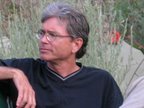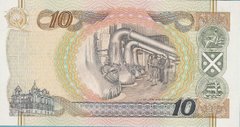"He has no place to go, no home but the earth."
Thus concludes Charles F. Park, Jr. in his 1975 book Earthbound: Minerals, Energy, and Man's Future. I'm a big fan of space exploration, manned spaceflight, and science fiction stories, but it is unlikely anyone I will ever know will live on another planet. Visit, sure. But live? Be part of an alien ecosystem? No. That's not going to happen soon. We are stuck here on the earth and have to make the best of it. The Andromedans or Cassiopeians or Alpha Centaurians are not going to suddenly appear and give us free, limitless, non-polluting energy. We'll still have to farm our food and we'll still need all the other stuff we currently grow. And, like always, we'll have to mine the rest. I'm interested in things and how they get put together. Where does the lead for my car battery actually come from? How is it transported and processed? What does it take to turn rocks into something like a toaster or a hammer? Earthbound may have been dated, but it piqued my abiding interest in economic geology. I suppose growing up surrounded by things like seaports and oil refineries got me thinking along those lines. I wonder about the connections necessary to put an iPad in someone's hand, the actions and events along the way, the myriad of both social and physical structures required. No matter what, when you follow the chain to the end, there's always some guy digging a hole in the ground and pulling out some useful chunk of the earth. I want to know more about that guy, that hole, and the treasures buried there.
WTF
-
The Giants are supposedly bringing in Luis Arráez to play second base. I
used to say I would "take anyone on a one or two year deal" but this is a
real h...
1 week ago









